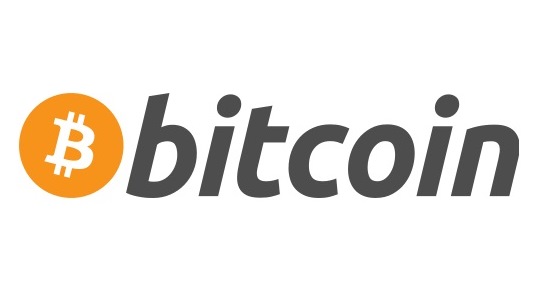Banking, finance, and taxes
Irony or Paradox? New York Regulation Could Save Bitcoin
Published:
Bitcoin has been facing its own identity crisis of late, and its future is back to looking very uncertain. After MtGox suspended withdrawals and after widespread reports of Bitcoin attacks, news from around the globe is piling up against Bitcoin. Still, there may be a saving grace here — ironically from harsh regulation.
Bitstamp is an exchange in Slovenia that has halted withdrawals as well, due to cyberattacks. Russia has effectively banned Bitcoin — another twist of ironic fate. And China has come out with recent restrictions and limitations against Bitcoin. So, how can a harsh regulatory movement actually save something as controversial as Bitcoin? News was out earlier this week that the New York Department of Financial Services (NYDFS) was looking at considering Bitcoin as a money transmitter tool, very similar to how Western Union and Moneygram are regulated. While this dates back 150 years or so, the NYDFS launched an extensive inquiry into the appropriate regulatory guardrails to put in place for virtual currency firms back in 2013.
If successful, the NYDFS will introduce proposed regulatory framework for virtual currency firms operating in New York later this year. That would make New York the first state to regulate virtual currency firms. Keep in mind that the NYDFS hearing webcast was said to be watched by more than 14,000 people from 117 different countries.
The long and short of the matter is that the creator(s) of Bitcoin, and its key operating firms and exchanges now, probably do not want government regulation by states nor by nations. What this framework allows for is an actual path to success. Bitcoin is not the first virtual currency, but all prior attempts to create viable virtual currencies have effectively failed to last.
At issue here is that Bitcoin is money of sorts. It has no nation backing it, it cannot pass its own laws, it cannot tax citizens, it has no physical assets creating a value and it has no army that can defend its interests. Nations do have these key issues behind their currencies.
Bitcoin is a fresh look at an idea whose time has come to work. It is still full of holes though — no one knows (or will admit) who really is behind it. The argument is out there that Bitcoin will be used for crime and terrorism, or tax evasion, but that is also true of any form of cash and currency in the world.
It seems ironic that regulation could save Bitcoin. Still, it likely will require regulation to make Bitcoin the first virtual currency that succeeds.
If Bitcoin fails, perhaps the central banks of the world will get together to create their own real virtual currency — just like cash. After all, it is not as if they are not used to creating new money out of thin air.
Bitcoin is back down to $500 after peaking at $1,000 toward the end of January. Real currencies do not fluctuate this much. Again, maybe it is this harsh regulation that could save it.
Thank you for reading! Have some feedback for us?
Contact the 24/7 Wall St. editorial team.